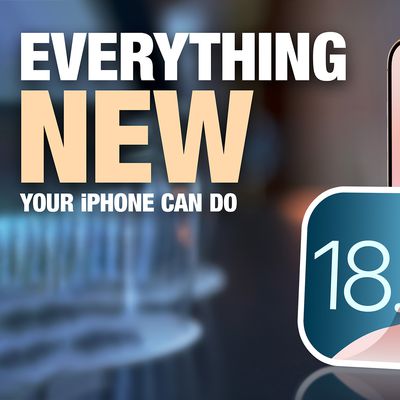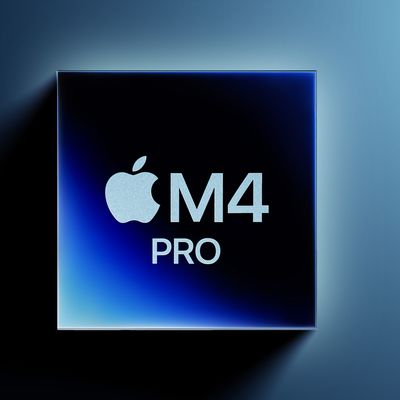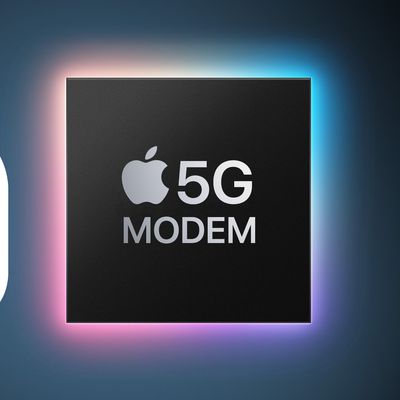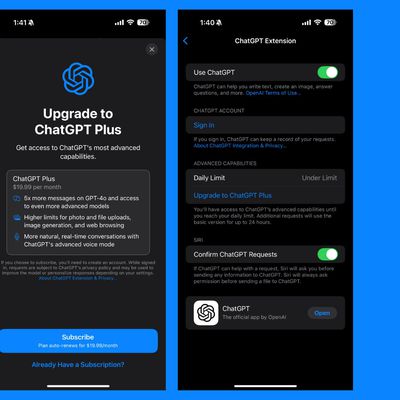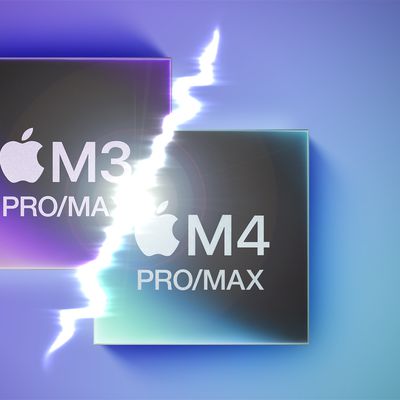FCC chairman Ajit Pai today announced that his controversial Restoring Internet Freedom order is headed to vote on December 14.

The order, proposed in May, would roll back the Barack Obama administration's classification of internet service providers as "common carriers" under Title II of the Communications Act of 1934.
As common carriers, internet providers are required to act as neutral gateways to the internet. In other words, companies like Comcast are not allowed to speed up or slow down content passing through their networks.
If the order passes, ISPs will be reclassified as "information service" providers, as they were between February 1996 and February 2015.
For almost twenty years, the Internet thrived under the light-touch regulatory approach established by President Clinton and a Republican Congress. This bipartisan framework led the private sector to invest $1.5 trillion building communications networks throughout the United States. And it gave us an Internet economy that became the envy of the world.
Apple and dozens of other large technology companies urged the FCC to reconsider its proposal. The FCC also received a record-breaking 22 million comments from the public during a feedback period that ended in August.
Those against the order believe that the FCC rolling back the internet's classification as a public utility will hurt net neutrality, as it could eventually divide internet users into so-called "fast lanes" and "slow lanes."
In a letter submitted to the FCC in August, Apple warned that paid fast lanes could result in an "internet with distorted competition."
Broadband providers should not create paid fast lanes on the internet. Lifting the current ban on paid prioritization arrangements could allow broadband providers to favor the transmission of one provider's content or services (or the broadband provider’s own online content or services) over other online content, fundamentally altering the internet as we know it today—to the detriment of consumers, competition, and innovation.
Pai, who was designated as FCC chairman by Donald Trump, insists the Obama-era internet regulations are a "mistake." Under the new rules, he said the FCC will "stop micromanaging the internet" to foster innovation.
Today, I have shared with my colleagues a draft order that would abandon this failed approach and return to the longstanding consensus that served consumers well for decades. Under my proposal, the federal government will stop micromanaging the Internet. Instead, the FCC would simply require Internet service providers to be transparent about their practices so that consumers can buy the service plan that's best for them and entrepreneurs and other small businesses can have the technical information they need to innovate.
Despite the significant backlash from tech companies and the public, it is widely expected that the FCC will vote in favor of the order next month.
Note: Due to the political nature of the discussion regarding this topic, the discussion thread is located in our Politics, Religion, Social Issues forum. All forum members and site visitors are welcome to read and follow the thread, but posting is limited to forum members with at least 100 posts.


